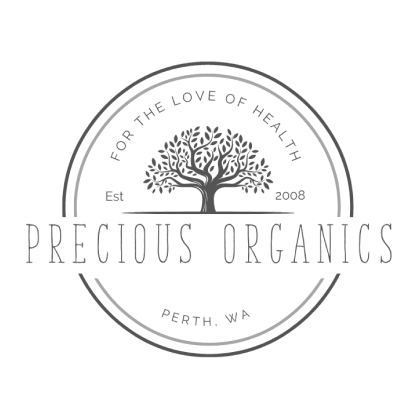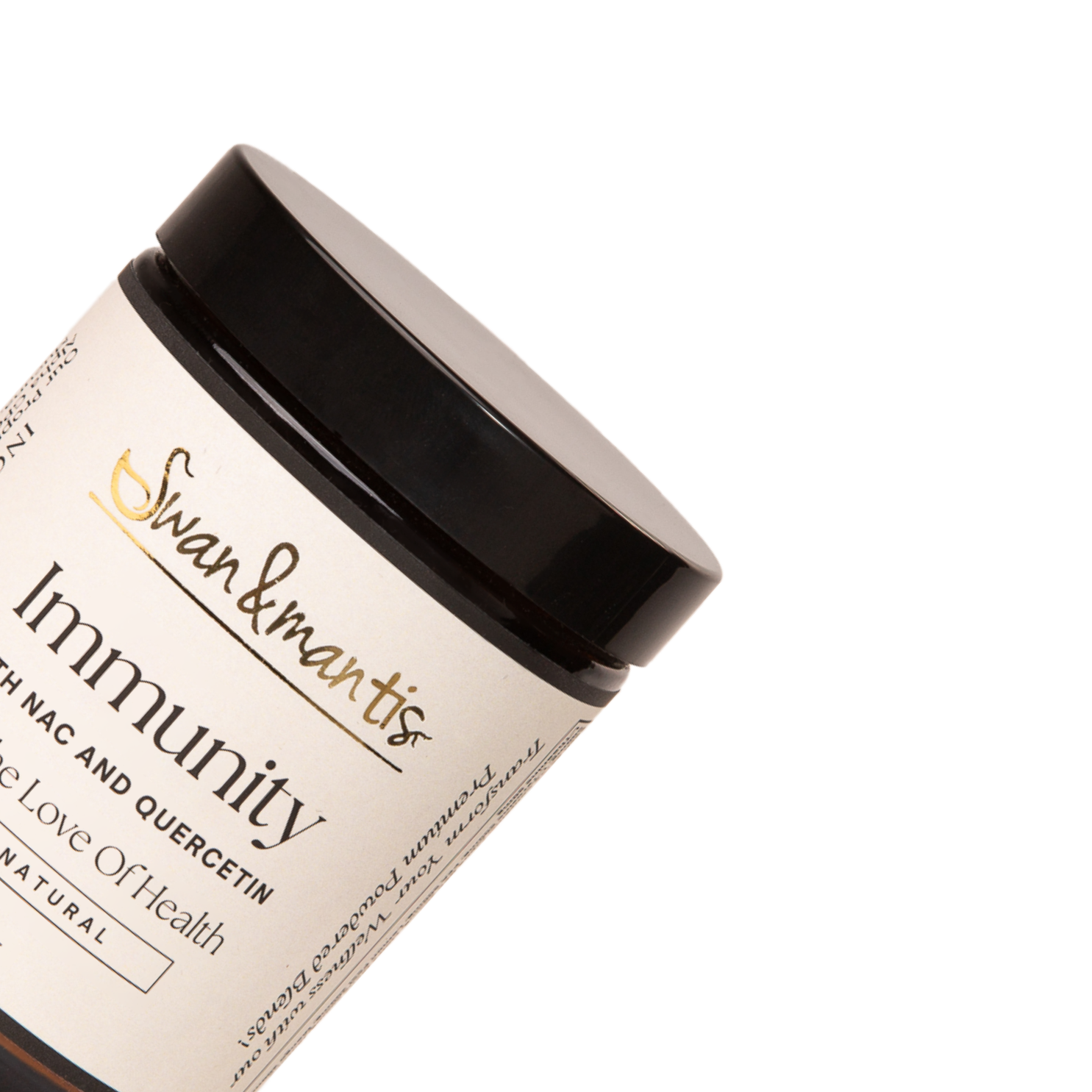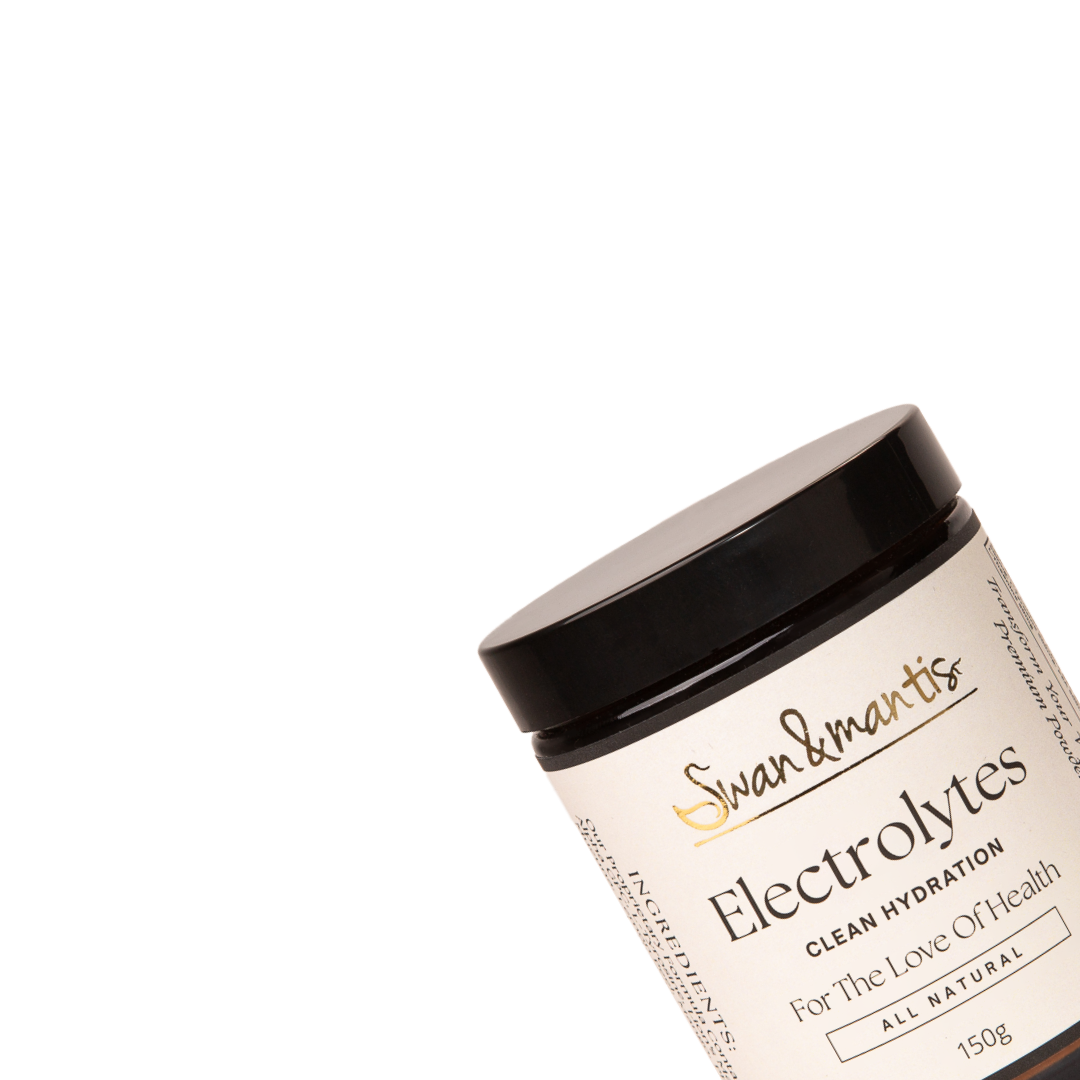Good and Bad Oils to Cook With
A common question that many people have is whether or not food should be eaten uncooked. I personally believe that consuming a majority of your food uncooked is a cornerstone of optimal health.
Typically, the less processed and heat-treated the food is, the more nutritious and healthier it is going to be.
Nevertheless, most people prefer to cook their food, at least occasionally. When you do, you're going to cook with some form of oil.
The question is, what's the best, healthiest type of oil to use when cooking?
Dr. Rudi Moerck has studied oils for a long time, and offers some intriguing insights in this interview.
Cooking with Tropical Oils – Your Healthiest Alternative
I have, for many years now, recommended coconut oil on the basis and the supposition that it doesn't contain much unsaturated fat. As a result, it's not going to be damaged by heat and create trans fats like some other oils. (Another tropical oil that is very similar is palm oil.)
Dr. Moerck agrees, saying:
"I would say that coconut oil is okay to cook with. It's a saturated fat. Your body will burn it as fuel or it will get rid of it some other way. It won't store it in your body.. So from that point of view, if you're going to use oil then that's a good one to use."
Interestingly, unlike carbohydrates, which can also deliver quick energy to your body, coconut oil does this without producing an insulin spike. Yes, it acts like a carbohydrate, but without any of the debilitating insulin-related effects associated with long-term high carbohydrate consumption.
But that's merely the beginning.
Earlier this week I published an entire special report on the health benefits of coconut oil, which include:
Promoting heart health
Promoting weight loss, when needed
Supporting your immune system health
Supporting a healthy metabolism
Providing you with an immediate energy source
Keeping your skin healthy and youthful looking
Supporting the proper functioning of your thyroid gland
Part of what makes coconut oil such a healthful oil for cooking is that 50 percent of the fat content in coconut oil is a fat rarely found in nature called lauric acid. This is also one of the features that distinguishes coconut oil from other saturated fats.
Your body converts lauric acid into monolaurin, which has potent anti-viral, anti-bacterial and anti-protozoa properties.
In addition, coconut oil is about 2/3 medium-chain fatty acids (MCFAs), also called medium-chain triglycerides or MCTs. These types of fatty acids also produce a host of health benefits.
Best of all, coconut oil is stable enough to resist heat-induced damage, which you cannot say for other oils. In fact, it's so stable you can even use if for frying (although I don't recommend frying your food for a number of health reasons).
I recommend using coconut oil in lieu of every other oil, whether your recipe calls for butter, olive oil, vegetable oil or margarine.
Important, New Information about Olive Oil
Extra-virgin olive oil is a good monounsaturated fat that is also well-known for its health benefits. It's a staple in healthful diets such as Mediterranean-style diets.
However, it's important to realize it is NOT good for cooking. It should really only be used cold, typically drizzled on salads and other food.
Due to its chemical structure and a large amount of unsaturated fats, cooking makes extra-virgin olive oil very susceptible to oxidative damage. However, during this interview I learned that extra-virgin olive oil has a significant draw-back even when used cold – it's stillextremely perishable!
As it turns out, extra-virgin olive oil contains chlorophyll that accelerates decomposition and makes the oil go rancid rather quickly.
In fact, Dr. Moerck actually prefers using almost tasteless, semi-refined olive oil rather than extra-virgin olive oil for this reason.
If you're like most people, you're probably leaving your bottle of olive oil right on the counter, opening and closing it multiple times a week. Remember, any time the oil is exposed to air and/or light, it oxidizes, and
as it turns out, the chlorophyll in extra virgin olive oil accelerates the oxidation of the unsaturated fats.
Clearly, consuming spoiled oil (of any kind) will likely do more harm than good.
To protect the oil, Dr. Moerck recommends treating it with the same care as you would other sensitive omega-3 oils:
Keep in a cool, dark place
Purchase smaller bottles rather than larger to ensure freshness
Immediately replace the cap after each pour
To help protect extra virgin olive oil from oxidation, Dr. Moerck suggests putting one drop of astaxanthin into the bottle. You can purchase astaxanthin, which is an extremely potent antioxidant, in soft gel capsules. Just prick it with a pin and squeeze the capsule into the oil.
The beautiful thing about using astaxanthin instead of another antioxidant such as vitamin E, is that it is naturally red, whereas vitamin E is colorless, so you can tell the oil still has astaxanthin in it by its color.
As the olive oil starts to pale in color, you know it's time to throw it away.
You can also use one drop of lutein in your olive oil. Lutein imparts an orange color and will also protect against oxidation. Again, once the orange color fades, your oil is no longer protected against rancidity and should be tossed.
This method is yet another reason for buying SMALL bottles. If you have a large bottle, you may be tempted to keep it even though it has begun to oxidize.
The Worst Cooking Oils of All
Polyunsaturated fats are the absolute WORST oils to use when cooking because these omega-6-rich oils are highly susceptible to heat damage.
This category includes common vegetable oils such as:
Corn
Soy
Safflower
Sunflower
Canola
Damaged omega-6 fats are disastrous to your health, and are responsible for far more health problems than saturated fats ever were.
Trans fat is the artery-clogging, highly damaged omega-6 polyunsaturated fat that is formed when vegetable oils are hardened into margarine or shortening.
I strongly recommend never using margarine or shortening when cooking. I guarantee you you're already getting far too much of this damaging fat if you consume any kind of processed foods, whether it be potato chips, pre-made cookies, or microwave dinners...
Trans fat is the most consumed type of fat in the US, despite the fact that there is no safe level of trans fat consumption, according to a report from the Institute of Medicine.
Trans fat raises your LDL (bad cholesterol) levels while lowering your HDL (good cholesterol) levels, which of course is the complete opposite of what you want. In fact, trans fats -- as opposed to saturated fats -- have been repeatedly linked to heart disease. They can also cause major clogging of your arteries, type 2 diabetes and other serious health problems.
So, cleaning these oils out of your kitchen cupboard is definitely recommended if you value your health.


